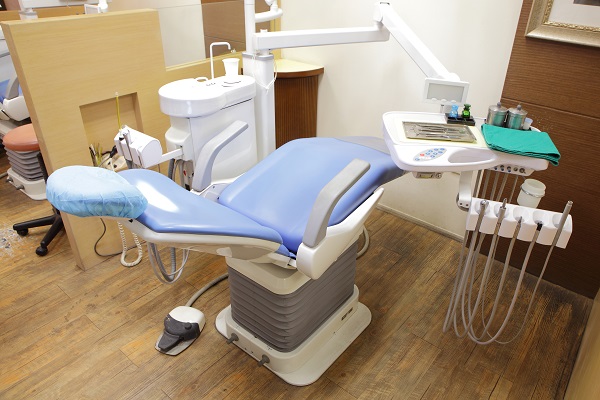Common Dental Oral Surgery Procedures

Below we will outline some of the most common oral surgery procedures, and the benefits they can have for fixing some oral health issues.
Wisdom teeth removal
Wisdom teeth, also known as third molars, often need to be extracted because in most cases, the jaw does not have enough room for them. If they do not erupt properly, they may cause inflammation, infection, and dislocation of other teeth.
Impacted teeth extraction
Sometimes a tooth may fail to grow out of the gum as expected and may cause dental issues such as diseased tissue, infections, teeth crowding. This issue can be solved with tooth removal. The dentist, or sometimes, the orthodontist will examine the mouth and suggest oral surgery if misaligned or crowded teeth needs removal to ensure proper mouth function.
Better denture fitting
It could be hard for dentures to sit comfortably if the jaw is irregular and unable to support the dentures. To ensure a more comfortable fit, an oral surgeon can correct the abnormalities with bone grafts.
Dental implants
Dental implants function as alternatives to tooth roots in the jawbone. The substitute roots, made from titanium, hold up the artificial teeth. Dental implants are used when one or more teeth are missing and can support dental crowns, partial, or full dentures.
Cleft lip and cleft palate
Cleft palate is a congenital disability caused by poor development of the nasal cavity and mouth. This creates a gap between the roof of the lip, mouth, or both. Oral surgery is necessary to correct the clefts.
Uneven jaw growth
If the upper or lower jaw fails to develop correctly, it could cause uneasiness with talking, eating, breathing, or ingestion. In severe cases, oral surgery can correct the jaw to enhance its structure and function.
Biopsies
If suspicious lesions form in your mouth, a biopsy may be required to check for oral cancer. The process entails cutting a small amount of tissue and analyzing it in the lab.
Facial infections
An infection in the neck, jaw, or on the face may demand the expertise of the oral surgeon to treat the affected area and remove the teeth responsible for the infection and other affected tooth.
Facial reconstruction
Oral surgery may be necessary to fix facial bones broken due to injury and to prevent the injury from causing further damages or infection.
Snoring and sleep apnea
If traditional treatments for snoring and sleep apnea have been infective, surgery may be the final resort to fix this problem.
Here is what you should know
Pre-procedure
Before the surgery, the surgeon will give you the defined treatment course. They will also tell you about the available anesthesia options and allow you to ask whatever questions you may have concerning the surgery. Most surgeries are performed under sedation to make sure the patient feels no pain during the procedure.
Post-procedure
Like every other surgical operation, there is a recovery period. If anesthesia is used for the process, the patient will not be fit to drive home afterward. The surgeon may prescribe painkillers to deal with recovery pain and give you guidelines to follow after the surgery.
Request a dental appointment here: https://spectrumsurgical.net or call Facial Spectrum at (816) 524-4334 for an appointment in our Lee's Summit dental office.
Check out what others are saying about our dental services on Yelp: Oral Surgery in Lee's Summit, MO.
Recent Posts
Infections after dental procedures occur frequently and that is primarily due to a lack of education on how to avoid it, however, with the help of an oral surgeon, infections can be avoided in a few ways. Oral surgeons are dental professionals who focus on invasive procedures that are necessary in order to treat or…
Your facial surgeon will prepare you well before your jaw surgery. This invasive procedure can improve your appearance and relieve your pain. It can also enhance your dental health. Here are the important details that your facial surgeon would want you to know before your jaw surgery.The upper and lower jaws are important in completing…
Clinical studies show that the dental implant remains the gold standard of dental restorations. Implants can help bring back your smile and dental function. The right dental professional can perform the procedure without any issues. Here are the details on how an oral surgeon approaches a dental implant surgery.Choosing a dentist who has training and…
A jaw surgery can bring back your smile and dental function. This procedure can restore your self-esteem. It can even open doors for new opportunities in your personal and professional life. Knowing more about this procedure can help you prepare for it. Here are the details on how jaw surgery can help bring back your…


